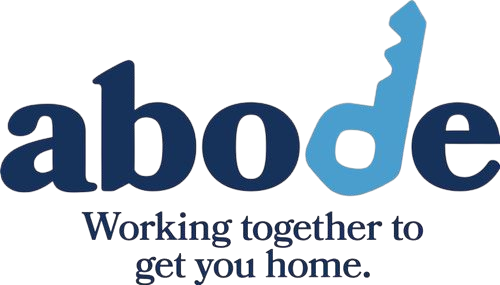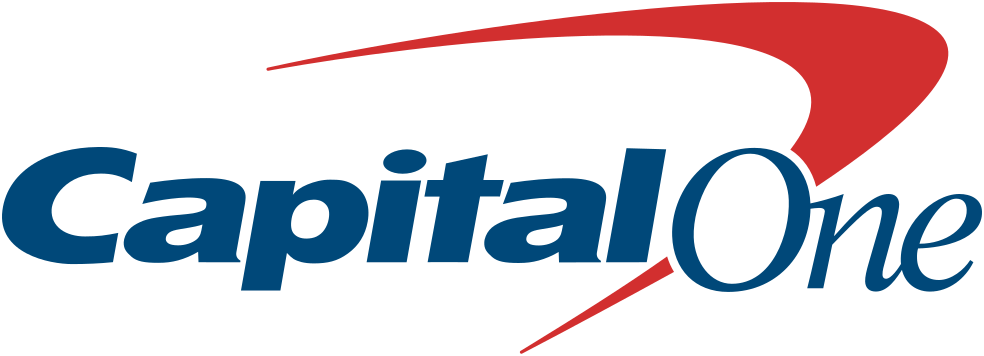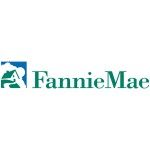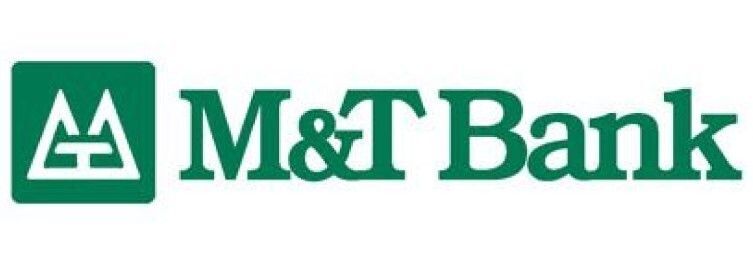Transcription of remarks delivered by Ken Inadomi on Monday November 18, 2013 at the Housing Roundtable convened by Congresswoman Carolyn B. Maloney to discuss housing finance reform legislation:
Congresswoman Maloney and fellow housing colleagues, good morning and thank you for the opportunity to share these remarks regarding the impact of proposed legislation on New York City’s affordable housing market.
My name is Ken Inadomi and I am the Executive Director of the New York Mortgage Coalition, a nonprofit housing agency dedicated to creating and protecting first-time homeownership for low and moderate income families in the greater New York region. The Mortgage Coalition is a unique network, comprising 24 member organizations – 11 nonprofit housing counseling agencies and 13 lending institutions — working in concert to serve the needs of LMI families seeking affordable first-time homeownership.
The Mortgage Coalition also actively partners with the major government and nonprofit housing entities in New York including the Association for Neighborhood and Housing Development, the Center for New York City Neighborhoods, Enterprise, HPD, HUD, LISC, and NeighborWorks America.
Founded in 1993 by a group of forward thinking lenders, the Mortgage Coalition has provided homeownership counseling to more than 45,000 low and moderate income families, guiding 10,000 of them through the purchase of their first homes – virtually all of which were financed through one product: the 30 year fixed rate mortgage.
How well have our loans performed? In 2011 Fannie Mae conducted in-depth analysis of loans originated through the Mortgage Coalition from 2005 to 2007, and determined an overall foreclosure rate of under 2% – a rate that falls far below the national average. Two key factors drive such loan performance: The first is a rigorous 8 to 12 hour homebuyer education program that borrowers are required to complete BEFORE closing, and the second is providing a long-term, fixed rate product.
From our unique vantage point, representing both the consumer and lending communities – and informed with 2 decades of longitudinal data – let me share these recommendations. I should emphasize that my remarks reflect personal opinion and may or may not represent the particular views of the Coalition’s lenders and nonprofit members:
1. First, any evaluation of housing finance reform legislation must consider the expressed needs of the underserved and under-represented populations including low income families, minorities, and millennials. As we witnessed in the recent mayoral landslide, the concept of “A tale of two cities” resonated with New Yorkers – our city faces the sobering reality of a relatively small percentage of citizens having access to and control over vast resources while the overwhelming majority continues to struggle. Equal access to affordable homeownership is central to this debate on fair resource allocation.
As they endeavor to reform our current housing finance system, lawmakers in Congress should abide by one of the fundamental tenets of the Hippocratic Oath: Do no harm. Buteliminating Fannie Mae and Freddie Mac – and the government guarantee they represent – while relying on the power of free markets to govern housing finance will harm our current system and lead to a wave of unintended consequences detrimental to vulnerable populations. Without a government guarantee, most economists predict the demise of the 30 year fixed, which I’ve noted is the bedrock of our affordable homeownership program.
To illustrate the consequence, the difference in monthly interest payments between a 30 and 15 year fixed rate mortgage of $180,000 (our typical loan size) is approximately $400 – an amount that would be impossible for our borrowers to make up.
2. Second, meaningful social change cannot simply be legislated. America’s housing and healthcare systems are the 2 largest and most intransigent of our social institutions. But as we’ve witnessed with the health care debacle, any level of significant change imposed by government is fraught with risk. This does not suggest Do Nothing, but rather do the right things, and perhaps the smaller things that can be implemented quickly and leveraged for real impact.
Neither the public nor private sector alone is capable of establishing a housing finance system that is both efficient and equitable. The system must also include the nonprofit sector, whose local housing agencies and regional intermediaries play pivotal roles in ensuring that the interests of the underserved are represented at the neighborhood level. For any plan to achieve intended impact and sustainability, all 3 sectors – public, private, and nonprofit – must be involved.
3. What can be done? Beyond the sweeping changes being introduced by the PATH Act, let me offer 3 tactical suggestions that focus on increasing affordable homeownership without increasing systemic risk.
* A re-evaluation of the consumer credit reporting process is overdue. Our current FICO-driven system emphasizes speed over accuracy – which results in credit profiles that often undermine a borrower’s true ability to repay a loan, particularly those with low incomes. The non-traditional credit report, which tracks cash transactions, is one approach but there are several others to be considered.
* Explore the role of CDFI’s (Community Development Financial Institutions) as mortgage lenders. CDFI’s serve as an important source of capital for community development activities including day care, health care, small business, charter schools, and housing development. But CDFI’s are also uniquely positioned to play an expanded role in addressing the mortgage needs of those with low and moderate incomes. Joining the Federal Home Loan Bank provides one direct way for CDFI’s to raise sufficient capital to lend at scale.
* My last recommendation to help reform the current housing finance system is to embed pre-purchase homeownership counseling and education into the home buying process. Make it mandatory that all first-time homebuyers, regardless of income level, enroll in and complete a pre-purchase homeownership program, whether in-person or online. Maintaining a fully informed, financially literate consumer sector is one of our best safeguards to ensure a housing finance system that is both fair and sustainable.
Thank you for this invitation to share our views – we at the New York Mortgage Coalition would welcome the opportunity to stay involved in this discussion and serve on any task force or committee that is charged with reviewing these issues in greater depth. Thank you.


















